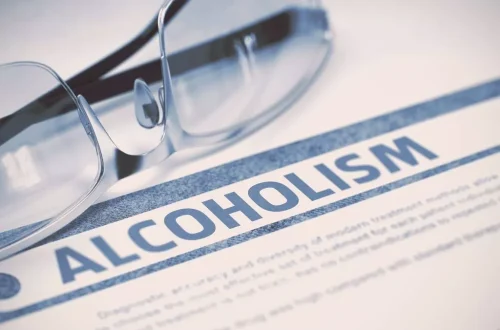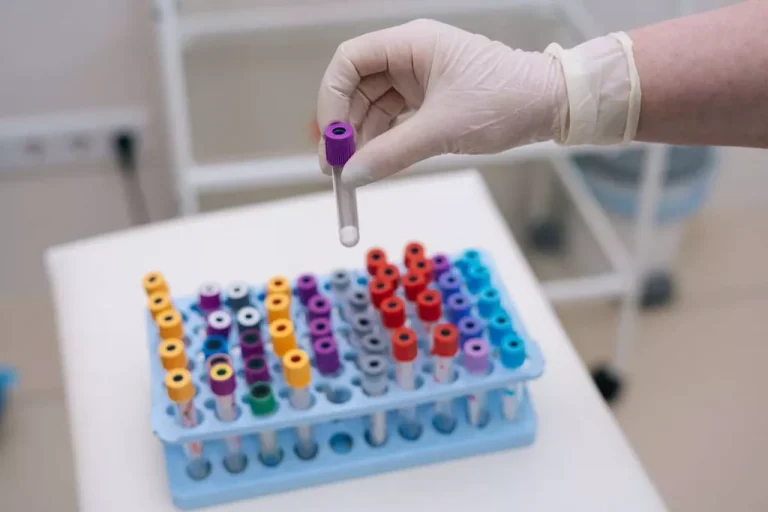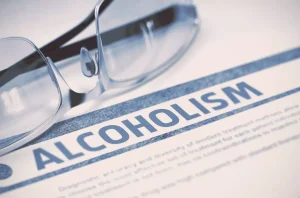
You can verify your loved one’s insurance for addiction treatment, which, depending on their provider and specific plan details, may be fully covered by insurance. Residential treatment programs typically include licensed alcohol and drug counselors, social workers, nurses, doctors, and others with expertise and experience in treating alcohol use disorder. A health care provider might ask the following questions to assess a person’s symptoms. Encourage your loved one to get professional help; you can even research medical detox programs and seek rehab treatment facilities. Remember, if it’s difficult for you to bring up the need for help, chances are it’s more challenging for them.

Are You Feeling Suicidal?
Your loved one might relapse several times before finding an effective treatment method that keeps them on track. And remember that millions of people who were once experiencing alcohol or other substance dependence are now living happy and fulfilling lives. Your loved one’s motivation for recovery hinges on the encouragement and support they get from others around them. For serious alcohol use disorder, you may need a stay at a residential treatment facility. Most residential treatment programs include individual and group therapy, support groups, educational lectures, family involvement, and activity therapy.

Frequently Asked Questions Regarding Loved Ones with Substance Use Disorders
Instead, they are a sign that the method of treatment needs to be changed. A multi-year study of people with substance use disorder showed that only about a third of recovering individuals who had been sober for less than a year remained abstinent. Taking care of your own physical, emotional and mental needs first will make you better equipped to help your loved one through the difficult journey of recovery. There are also many support groups for families that can provide care and community as you navigate this challenging role.
- While lifestyle alterations can be a big help for families in crisis, addictions can cause deep wounds that often benefit from seeking professional help.
- Studies suggest that the social connection provided by these groups can help your loved one build confidence in their own ability to avoid alcohol in social situations and support their sobriety.
- Overcoming AUD is an ongoing process—one that can include setbacks.
- There are a number of excellent treatment facilities that provide support for both the person and their family, including The Recovery Village.
- ” Remind them often that you are willing to be their recovery support.
Care at Mayo Clinic

Currently, there are three medications approved for AUD in the United States, and they are an effective and important aid in the treatment of people with this condition. Acceptance- and mindfulness-based interventions increase awareness and acceptance of present-moment experiences. Mindfulness-based skill-building strategies promote flexible, rather than autopilot, responses to triggers that can prompt drinking. It takes time to go to personal therapy sessions, and there’s often homework to complete between sessions.

Learning Center
While you can’t do the hard work of overcoming addiction for your loved one, your patience, love, and support can play a crucial part in their long-term recovery. With these guidelines, you can help ease your loved one’s suffering, preserve your own mental health and well-being, and restore calm and stability to your relationship support for those who struggling with alcohol addiction and family life. A number of health conditions can often go hand in hand with AUD. Common mental health conditions that co-occur with AUD are depressive disorders, anxiety disorders, trauma- and stress-related disorders, other substance use disorders, and sleep disorders.
- This also allows them to continue to fulfill responsibilities such as work, school, and family obligations.
- Your health care provider or counselor can suggest a support group.
- USA.gov is the new centralized place for finding government benefits for health care, housing, food, unemployment, and more.
- All you can do is encourage the person to recommit to overcoming their drinking problem and support them as they try again.
- Behavioral treatments—also known as alcohol counseling, or talk therapy, and provided by licensed therapists—are aimed at changing drinking behavior.
